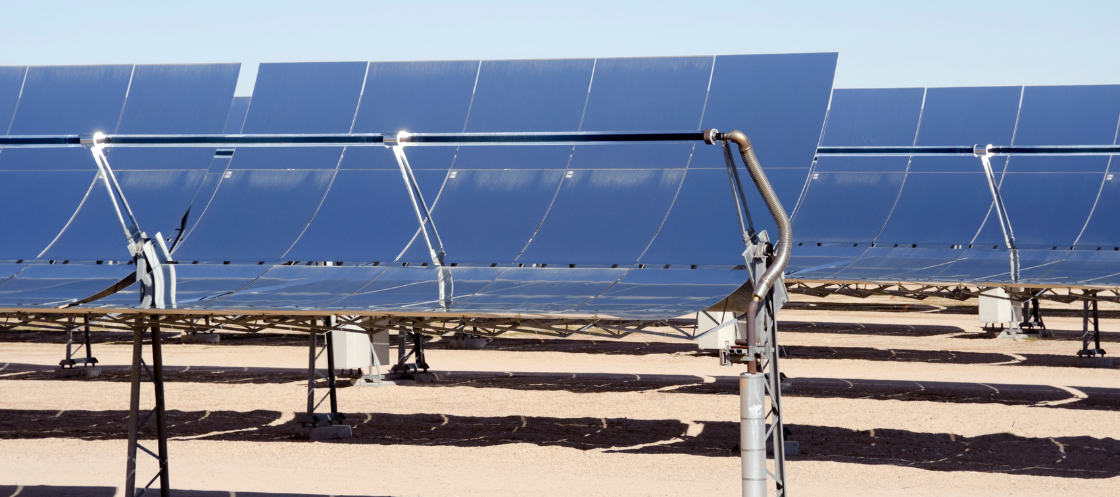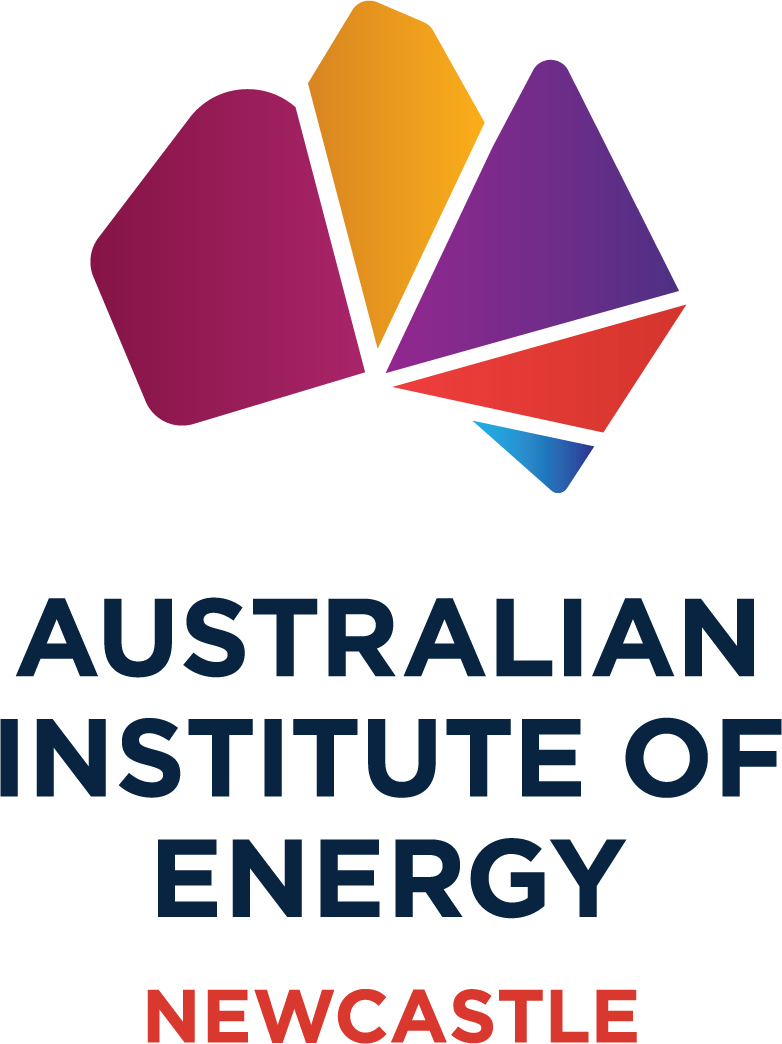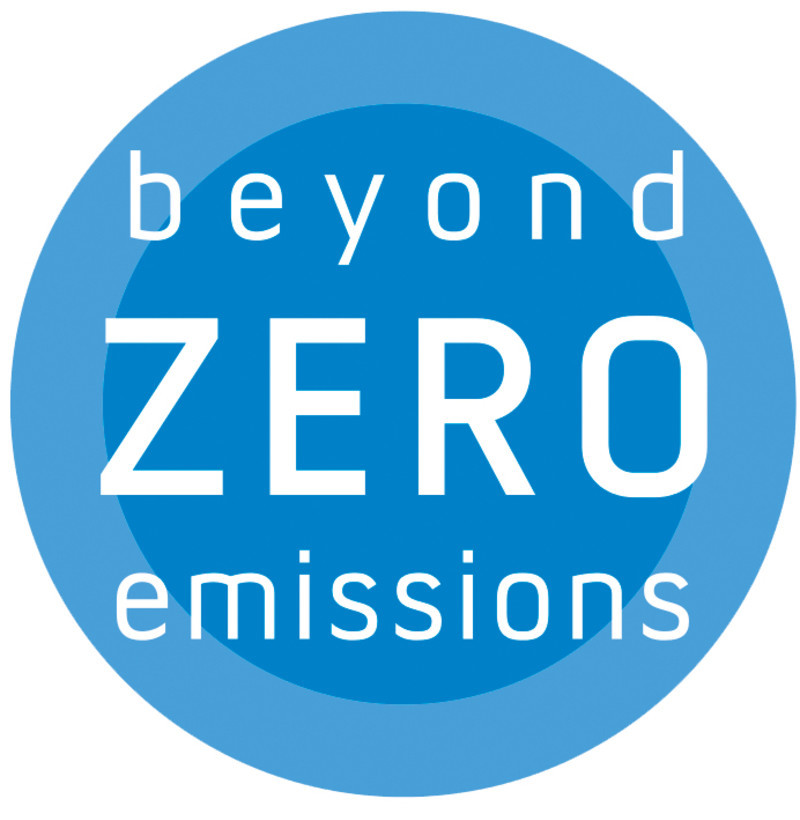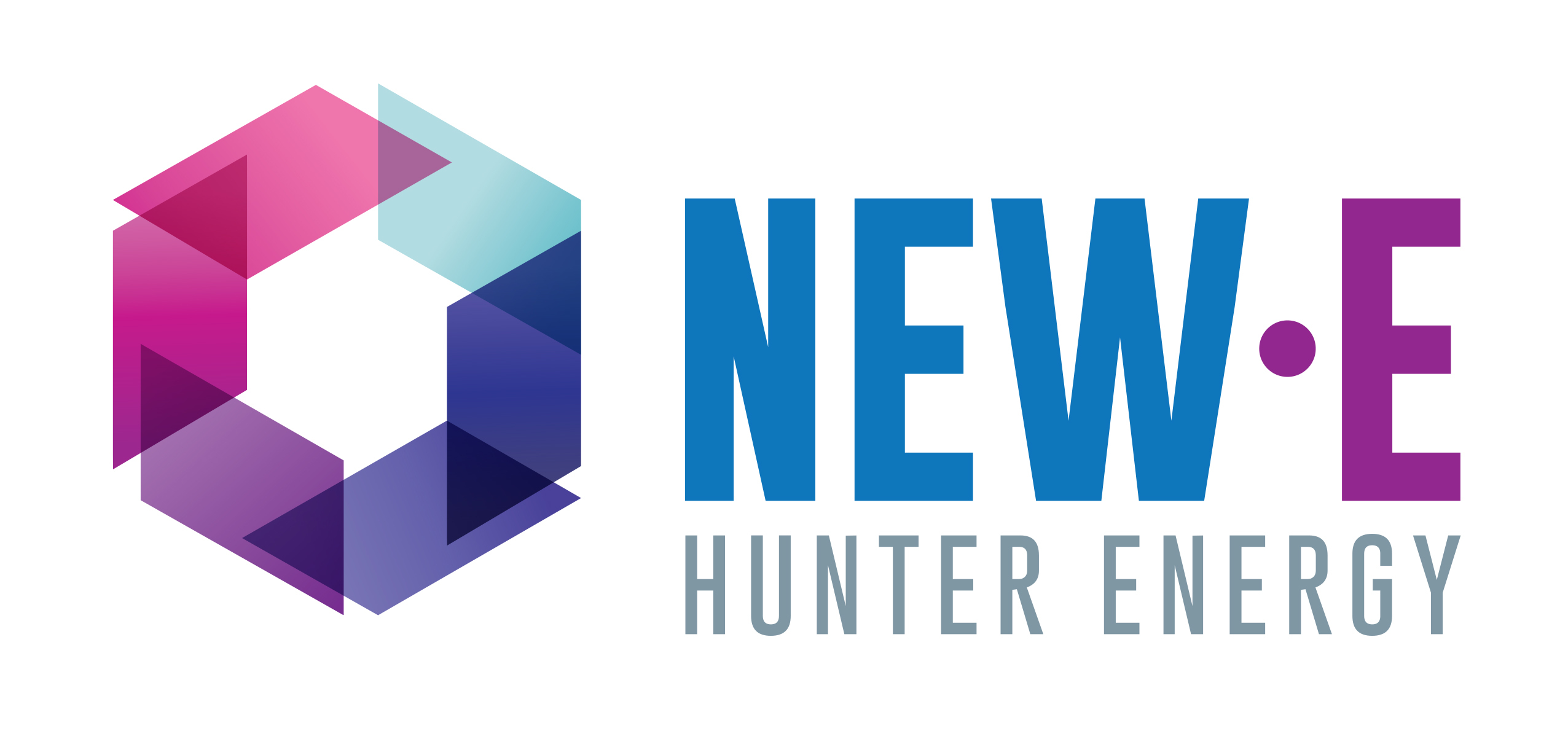Mars facility to run on 100% renewable energy via solar thermal by 2026
Mars Incorporated’s Wodonga facility will adopt a 100% renewable energy solution by 2026, using advanced solar thermal and electric thermal storage technologies to power pet food manufacturing.

In a pioneering step for the Australian manufacturing sector, Mars Incorporated has announced its Wodonga pet food production facility will transition to a fully renewable energy setup for both electricity and steam-based processes by 2026. This initiative positions the site as the first large-scale steam-reliant manufacturing facility in the country to operate with entirely renewable energy sources.
At the core of Mars’ transition plan is a $39.3 million investment in an 18-megawatt Parabolic Trough Concentrated Solar Thermal (CST) plant. This solar thermal technology, featuring ten-hour thermal energy storage, is tailored to support the high-temperature steam requirements of pet food processing around the clock. The Australian Renewable Energy Agency (ARENA) contributed a $17.2 million grant to help fund the project, marking Australia’s first commercial CST deployment.
General Manager of Mars Petcare Australia and New Zealand, Craig Sargeant, explained that CST technology will reduce Mars’ reliance on gas by capturing solar energy as heat, storing it for use whenever needed. “Investing in renewable energy technologies like CST is critical to decarbonizing industrial processes, particularly in sectors that heavily rely on gas for steam-based manufacturing,” he said.
Complementing the CST plant is an Electric Thermal Energy Storage (eTES) system developed with support from CSIRO. This technology allows Mars to harness low-cost, grid-based renewable electricity during off-peak hours, converting it to stored thermal energy available on demand to produce steam. The eTES system provides an adaptable and cost-effective renewable alternative, ensuring energy reliability and efficiency as the facility phases out fossil fuel-based gas.
Adding to its renewable portfolio, Mars Australia has also partnered with Australian Gas Infrastructure Group (AGIG) to purchase Renewable Gas Guarantee of Origin certificates from Hydrogen Park Murray Valley. This agreement will offset over 10% of Mars’ total gas consumption in Australia, including operations at the Wodonga facility. Together, the CST and eTES systems, alongside the AGIG renewable gas certificates and Mars Australia’s existing commitment to renewable electricity, are set to make the Wodonga plant entirely renewable within two years.














